Monday Feb 23, 2026
Monday Feb 23, 2026
Thursday, 14 March 2019 01:06 - - {{hitsCtrl.values.hits}}
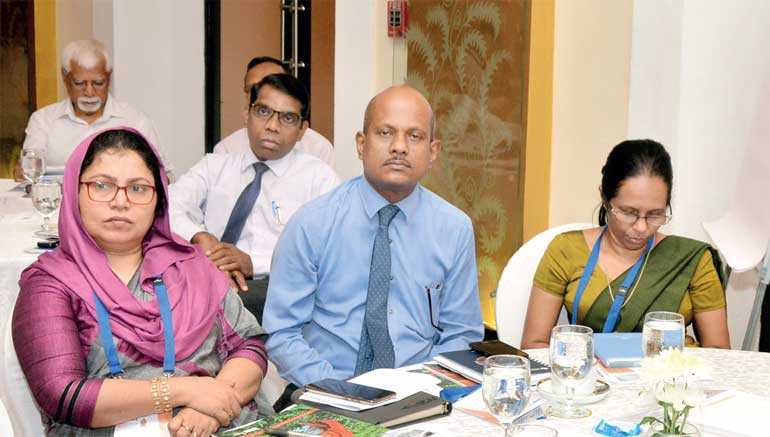
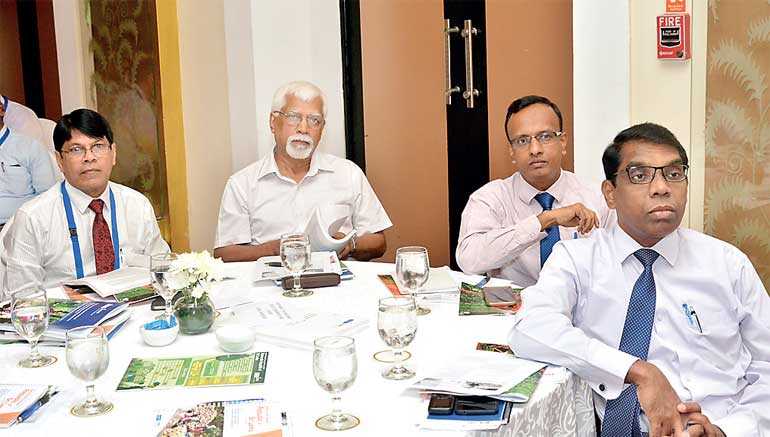
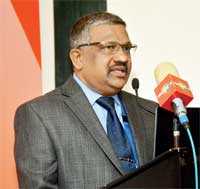 |
Ministry of Agriculture, Rural Economic Affairs, Livestock Development, Irrigation and Fisheries & Aquatic Resources Development Secretary K D S Ruwanchandra |
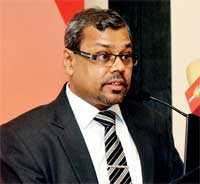 |
Ministry of Plantation Industries Secretary J.A. Ranjith |
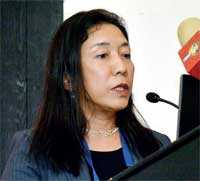 |
IOE Senior Evaluation Officer Fumiko Nakai |
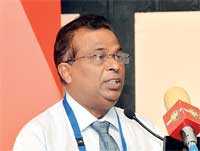 |
Department of National Planning Director General S.S. Mudalige |
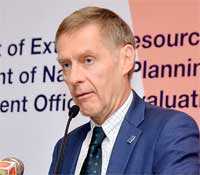 |
IFAD Program Management Department Associate Vice President Donal Brown |
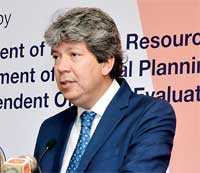 |
Independent Office of Evaluation (IOE) Director Oscar Garcia |
Rural development projects financed by the International Fund for Agricultural Development (IFAD) have contributed to increased productivity and incomes in Sri Lanka, according to a new evaluation report presented today in Colombo.
“In the decades since IFAD began its collaboration with the Sri Lankan Government, substantial achievements have been made, yet there is still more work to be done to improve the nutrition and livelihoods of rural families so that they do not slip back into poverty,” said IFAD Program Management Department Associate Vice-President Donal Brown.
The report, prepared by the Independent Office of Evaluation of IFAD (IOE), reviews the past thirteen years of work that IFAD has undertaken together with the government of Sri Lanka.
According to the report’s findings, IFAD has been successful in introducing technical changes that have improved agricultural production and productivity. These changes have included the instillation of irrigation systems as well as providing smallholder farmers with support to establish or upgrade tea and rubber plantations. Such interventions, combined with support for better access to markets, have also led to higher incomes for a great number of project beneficiaries.
The report highlights the achievements as well as the issues that still need to be addressed. “According to the available data, poverty was reduced from 23% in 2002 to 4% in 2016, but poverty pockets and disparities still persist in different parts of the country,” said IOE Director Oscar Garcia. “It is therefore crucial to understand how IFAD, based on its global experience, can better reach the poorest of the poor. This evaluation offers valuable recommendations on the way forward,” he added.
The report notes that the IFAD-funded projects have increased their focus on partnerships with agribusinesses and financial institutions, and that some partnerships were successful in bringing benefits to smallholder farmers such as reliable market opportunities and access to technologies.
The report recommends that more innovative technologies be incorporated into future projects as well as methods to use water more efficiently to strengthen climate resilience and to review rural finance support, exploring ways to innovate and leverage more systemic improvements in the rural finance sector in Sri Lanka.
According to the evaluation report, the country program should continue to build partnerships with agribusinesses and support ongoing relationships between smallholder farmers and the private sector.
Since 1978, IFAD has invested in 18 projects and programs in the country for a total cost of $ 590.6 million, with an estimated outreach to over 614,000 rural households.
- Pix by Upul
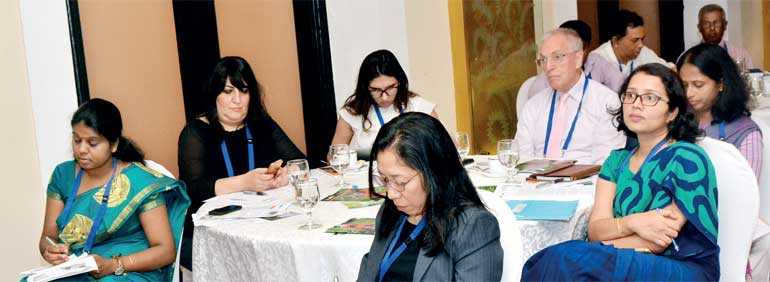
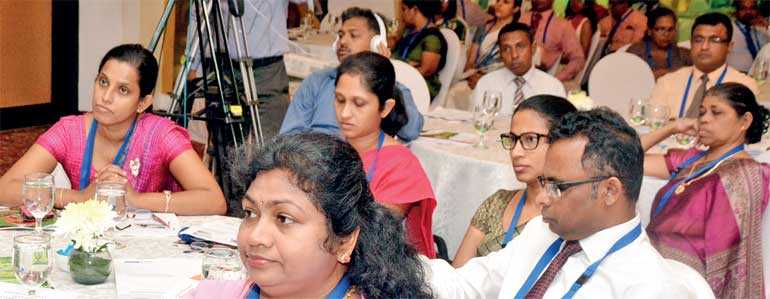

IFAD pledges to further support Sri Lanka’s key plantation crops